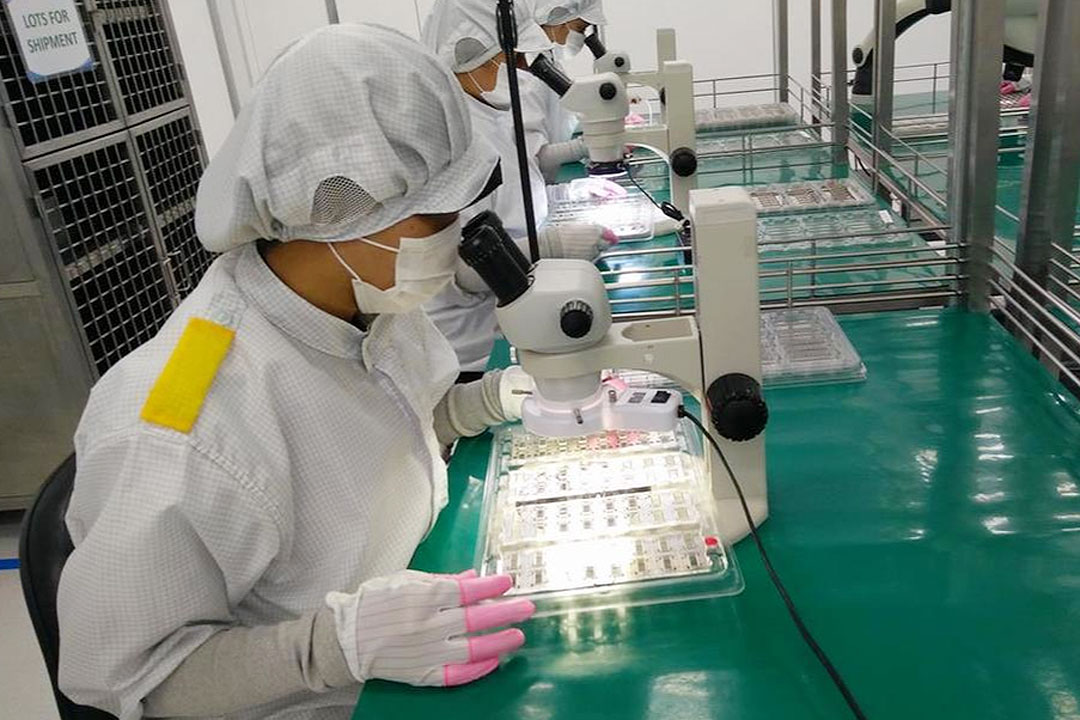Semiconductor industry declares support for RCEP ratification

THE Semiconductor and Electronics Industries in the Philippines Foundation, Inc. (SEIPI) said the Senate needs to ratify the Regional Comprehensive Economic Partnership (RCEP), declaring it beneficial to the industry.
SEIPI President Danilo C. Lachica said in a position paper issued on Monday that participation in the RCEP trade deal will allow industries to improve their market access, diversify their sources of raw materials, and improve trade with other participating countries.
“Due to its liberalization of trade by eliminating 90% of tariffs within member countries, active participation in RCEP will reduce the overall cost of imported materials and exported goods for the electronics industry,” Mr. Lachica said.
“Being the largest trade pact representing 50% of global manufacturing output and 70% of electronics, RCEP can provide the Philippines greater market access by increasing trade with China, Australia, New Zealand, and other Association of the Southeast Asian Nations (ASEAN) countries,” he added.
RCEP, which started to come into force on Jan. 1, has been ratified by Brunei, Cambodia, Laos, Singapore, Thailand, Vietnam, Australia, China, Japan, New Zealand, and South Korea.
According to Mr. Lachica, the trade deal will also allow the Philippines to improve its competitiveness as an investment hub for the electronics industry.
“The ratification of RCEP is a big step in improving our competitiveness as an investment destination for semiconductors and electronics, most especially against our ASEAN neighbors who are significantly doing better,” Mr. Lachica said.
Mr. Lachica said foreign direct investment (FDI) may be affected if the Philippines fails to participate in the trade deal.
Citing data from the Bangko Sentral ng Pilipinas, Mr. Lachica noted that FDI net inflows rose 48.1% year on year in the 10 months to October.
“Non-ratification of the RCEP may affect these numbers by discouraging investors and deterring post-pandemic growth and recovery,” Mr. Lachica said.
Mr. Lachica said RCEP will complement the provisions of Republic Act No. 11534 or the Corporate Recovery and Tax Incentives for Enterprises (CREATE) Act, which lowered corporate income tax rates and rationalized incentives.
Separately, British Chamber of Commerce Philippines Executive Director Chris Nelson said in a television interview on Monday that the Philippines will be able to compete and not lose out on trade if it participates in RCEP.
Mr. Nelson said economic reforms such as the recent passage of amendments to the Retail Trade Liberalization Act and other pending economic bills show that the Philippines can be competitive.
“The Philippines has a very talented workforce; that is why people come. The Philippines has certain definite skillsets, and is obviously strong in certain areas,” Mr. Nelson said.
“Let us not forget (that) RCEP will be a key area for FDI. I believe strongly that the Philippines can compete. I think the benefits of this much wider market are going to be much more beneficial for the Philippines,” he added. — Revin Mikhael D. Ochave



